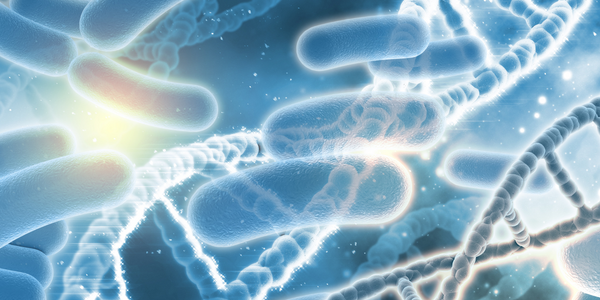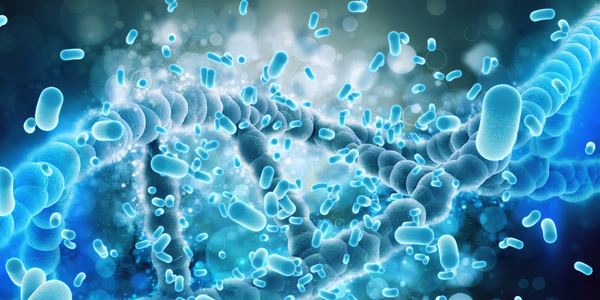You must have been told at some point to include lots of fiber to your diet. Why is that? Well, the effect of dietary fiber on constipation is far-reaching. It is predominantly found in fruits, whole grains, vegetables and legumes, and is also referred to as roughage. Fiber is known for its ability to prevent or alleviate constipation, whilst aiding in weight loss, reducing cholesterol and blood sugar levels, among other things. When you’re suffering from constipation,you must include fiber rich food. Let’s look at these foods in greater detail below.
What is Dietary fiber?
Dietary fiber is resistant to digestive enzymes as well as plant substances such as resistant starch, polysaccharides, lignin, inulin, oligosaccharides, and the like. There are various types of dietary fiber but they are mainly categorised as soluble and insoluble fiber
Soluble fiber:
This type of dietary fiber dissolves in water easily. It functions as a prebiotic, which is food for your gut bacteria, thereby enhancing the effectiveness of digestion, boosting nutrient absorption and restoring balance of good bacteria in the gut. The primary and most important benefit of including soluble fiber in your diet is that it increases the feeling of satiety by stimulating the release of the hormone, leptin. This reduces your appetite and keeps you full for a longer period of time. Barley, nuts, oat bran, peas, lentils, etc. are a few examples of soluble fiber.
Insoluble fiber:
Unlike soluble fiber, this type of dietary fiber doesn’t dissolve in water. This works to bulk up stool and allow food to move freely through the digestive tract. It thus helps to lubricate the gastrointestinal tract for the food to smoothly pass through the body without causing any disruption in the process of nutrient absorption. Insoluble fiber helps to alleviate symptoms of constipation by effectively regulating bowel movements. Potatoes, green beans, wheat bran, whole-wheat flour, and the like are a few examples of insoluble fiber.

High fiber Foods To Relieve Constipation
The primary health benefit of high fiber rich foods is its ability to relieve constipation. If you are looking for a list of high-fiber foods that are good for constipation, read on.
- Beans and Legumes: Kidney beans, chickpeas, lima beans, black-eyed peas, dals, adzuki, soybeans, and more can be categorized in this group and are known as good sources of fiber. However, these items should be eaten in moderation as they are known to cause immense gas. If you have any underlying gut issue, such as irritable bowel syndrome, they could worsen the symptoms and must thus be avoided.
- Green Leafy vegetables: Vegetables like kale, lettuce, spinach, bok choy, dandelion greens, arugula, and collard greens among other vegetables are known to be rich in dietary fiber. These vegetables aid in adding bulk and weight to stools, which helps them pass easily through the gastrointestinal tract, thereby alleviating constipation.
- Fiber-rich fruits: Fruits like figs, prunes, bananas, apples, pears, and guava, among others contain high amounts of dietary fiber and must be added to your diet if you are concerned about constipation. For a fiber boost, it’s best to have certain fruits like apple, pear, peaches, apricot, etc. along with their peel.
- Cruciferous vegetables: Vegetables like broccoli, brussels sprouts, cabbage, and cauliflower are rich in dietary fiber. However, these veggies tend to produce a lot of gas and bloating, so it’s best to have them in limited quantities.
- Whole grain foods: Substitute white flour and rice products with whole grain foods. So replace white bread with brown, white rice with brown or black, and add grains like millets, barley, rye, quinoa, and oats to add more fiber to your diet.
- Seeds and nuts: Flaxseeds, chia seeds, pumpkin, sunflower, and pomegranate seeds and nuts like peanuts, walnuts, and almonds are rich in fiber.

Apart from this you can have psyllium husk (isabgol), which you can add to water and drink to treat constipation. Also other fiber rich foods that help constipation include those with inulin, a form of soluble fiber found in asparagus, beets, leeks, chicory root, and artichoke. These must also be added to your daily diet for obtaining the right amount of dietary fiber.
One of the drinks that you can definitely try out to get rid of constipation is Wellbeing Nutrition's Probiotic + Prebiotic. It provides support to your digestive health, neutralizes toxins, improves metabolism, and helps prevent other gut-related issues. With 36 billion (CFU) active live cultures per serving your gut microbiome will thrive and be healthy, ridding it of all digestive problems like constipation.
However, remember too much fiber can cause constipation. That’s why ensure that you have a lot of water while consuming these high-fiber foods. If you are chronically constipated, please visit a doctor immediately to avoid further discomfort.
References:
- Satiety and energy intake after single and repeated exposure
to gel-forming dietary fiber: post-ingestive effects, AJ Wanders, M Mars, KJ Borgonjen-van den Berg, C de Graaf and EJM Feskens, International Journal of Obesity (2014), (https://www.nature.com/articles/ijo2013176.pdf?origin=ppub) - Yang J, Wang HP, Zhou L, Xu CF. Effect of dietary fiber on constipation: a meta analysis. World J Gastroenterol. 2012;18(48):7378-7383. doi:10.3748/wjg.v18.i48.7378, (https://www.ncbi.nlm.nih.gov/pmc/articles/PMC3544045/)


























Leave a comment